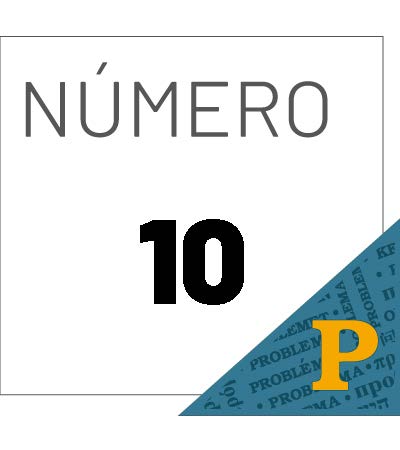Legal Interpretivism
Interpretivism about law offers a philosophical explanation of the impact of institutional practice —the legally significant action and practices of political institutions— on legal rights and obligations. It says that how institutional practice affects the law is determined by certain principles, identified by interpretation, which explain why the practice should have that role. I distinguish between hybrid interpretivism, which has been extensively discussed in the literature, and a non-hybrid version that has been completely neglected. The key difference between the two lies in the role of morality in each. In the hybrid version, morality is used to process a set of institutionally conveyed norms, so as to make the set as morally attractive as possible and thereby to ensure that morality ratifies the rights and obligations that obtain under it. This operation gives rise to the problem of choosing among possible tradeoffs between moral appeal and fidelity to the past, which seems intractable. In the non-hybrid version, problems such as this do not arise. Morality ultimately determines the content of the law, by determining the moral relevance of institutional action. On this view, legal rights and obligations are a subset of genuine moral rights and obligations: those that obtain in virtue of institutional action.
Resumen:
El interpretativismo sobre el derecho ofrece una explicación filosófica del impacto que tiene la práctica institucional —las acciones jurídicas relevantes y prácticas de las instituciones políticas— sobre los derechos y obligaciones jurídicas. Explica la forma en que la práctica institucional que afecta al derecho es determinada por ciertos principios, identificados a través de la interpretación, que explican por qué la práctica debe tener ese papel. En este artículo distingo entre interpretativismo híbrido, el cual ha sido extensamente discutido en la literatura, y una versión no-híbrida que considero ha sido completamente ignorada. La principal diferencia entre las dos versiones es el papel que desempeña la moral en cada una. En la versión híbrida, la moral es usada para procesar un conjunto de normas expedidas institucionalmente, para hacer de ese conjunto, uno moralmente atractivo y asegurar que la moral ratifique los derechos y obligaciones institucionales. Sin embargo, esta versión genera el problema de elegir entre lo moralmente atractivo y una fidelidad hacia el pasado, lo cual resulta problemático. En la versión no-híbrida, estos problemas no se presentan porque la moralidad finalmente determina el contenido del derecho, al determinar la relevancia moral de las acciones institucionales. Desde esta perspectiva, los derechos y obligaciones jurídicas son un subconjunto de derechos y obligaciones morales genuinas, es decir, aquellas que se obtienen en virtud de la acción institucional.
Article Details
Use of Creative Commons (CC) licences
All texts published by Problema. Anuario de Filosofía y Teoría del Derecho, without exception, are distributed under the CC-BY-NC-ND 4.0 International licence, which allows third parties to use what is published, as long as they mention the authorship of the work and the first publication in this Anuario.
Accessibility to articles and other publications in whole or in part under the concept of copying, distribution, public communication, interactive access (via the Internet or other means), while explicitly acknowledging the author(s) and the journal itself (acknowledgement of authorship).
Please note that if articles are remixed, modified or fragments are used in other creations, the modified material may not be distributed, nor may versions be reconstructed from the original published articles (derivative works).
The use of the contents of the published articles, in whole or in part, for profit-making purposes (non-commercial acknowledgement) is prohibited.


























